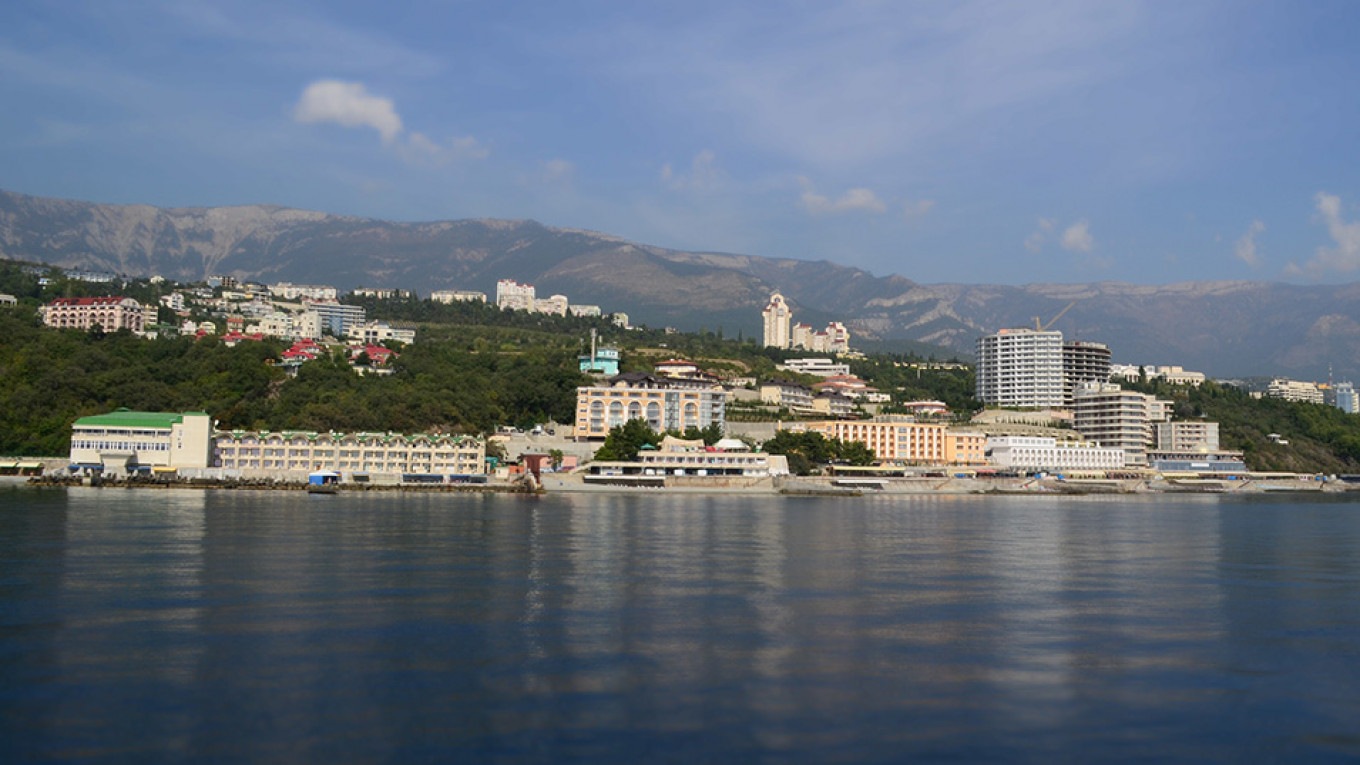
Crimea could be set for a fresh round of tax breaks and investment incentives to support the annexed peninsula’s tourism industry, according to Russian daily Kommersant.
An influential business group founded by the Kremlin has called on the government to give tax breaks on land, real estate and utilities to Crimean businesses, while also offering discount loans to encourage the building of new hotels, the paper said.
The Non-Governmental Organization of Small and Medium Businesses (OPORA) argued that the Crimean tourist industry was falling behind in the face of competition from Turkish resorts. Last year, 6.8 million tourists visited Crimea, which Russia annexed from Ukraine in 2014, while 6 million Russians headed abroad to Turkey.
Even Russian investors, however, have been cautious about putting their money into Crimean projects for fear of western sanctions. Maria Smirnova, head of tourism at commercial real estate broker Cushman & Wakefield told Kommersant: “Russian investors say that until Sberbank opens a branch in Crimea, they will not put their money there.”
OPORA suggested the government offer investors loans at a rate of 3% to construct hotels — significantly below the Central Bank’s rate of 7% and the current market rate of 8-10% for business loans. Without private investment, OPORA says tourism will never pick-up in Crimea. The group highlights that in nearby Turkey, hotels do not pay value added tax (VAT) and the government reimburses half the costs of utilities.
The proposals are being considered by the Economy Ministry, Russia’s tourism agency and local authorities in Crimea, Kommersant reports.
Crimea has already been granted a number of special tax exemptions and significant investment from Moscow — some introduced immediately after its annexation in 2014. The European Council on Foreign Relations estimates the Russian government has provided $6 billion in subsidies to Crimea’s local budget alone, not counting other investment projects such as the $3.7 billion Kerch bridge.
A poll earlier this year found 39% of Russians believe the annexation did “more good than harm,” down from two-thirds at the end of 2014.

Leave a Reply